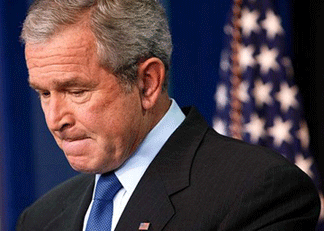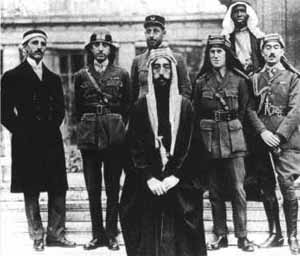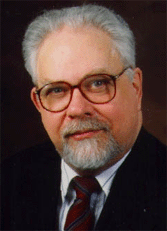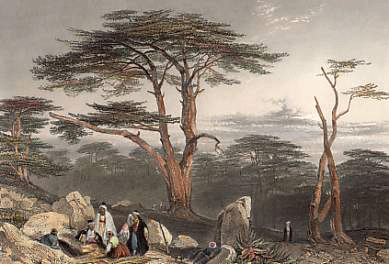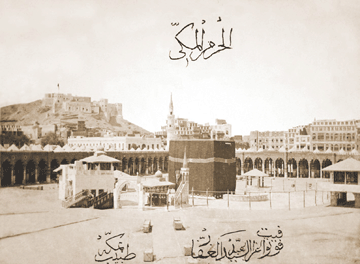
On Thursday Newsday (p. 2) published the latest in the loose-neocon-cannon-fodder remarks of Rep. Peter King, from Seaford, Long Island, New York. He remarked on a blogged video (politico.com) that there are “too many mosques in this country, there’s too many people who are sympathetic to radical Islam.†Before I read this in the morning, I had just returned from teaching a class on the Peoples of the Middle East when I found a request to discuss Rep. King’s comments with New York’s Eyewitness News Channel 7. The reporter arrived in less than an hour and I provided the context on why Muslims, especially on Long Island, take offense at these kinds of remarks. About 10 seconds of my commentary (although not the part directly relevant) made the evening news. Later in the afternoon I was contacted by a New York Times reporter who was following the same story. My comments to him did not make the brief “Metro Note†on King in today’s edition. With the daily rags telling Ahmadinejad to “Drop Dead†for daring to ask to lay a wreathe at the 9/11 site and Rudy vaunting that he would set Iran back “five or 10 years†if they dare develop nukes, the King’s comments seem to be but an echo of the more newsworthy Islamophobia on display. Continue reading Fear of Mosques
